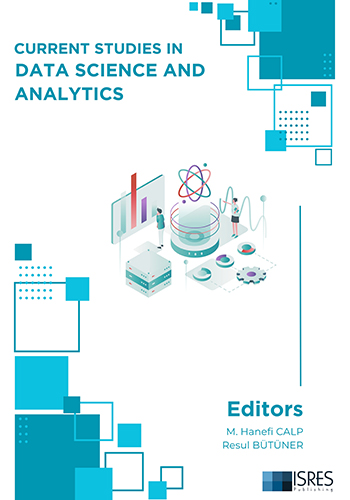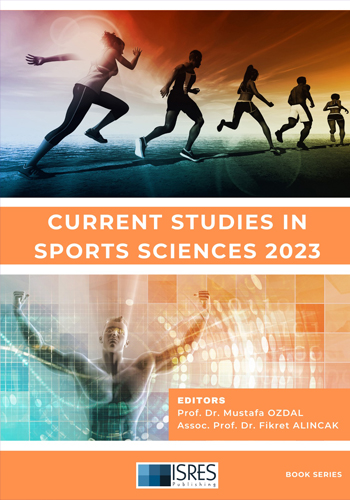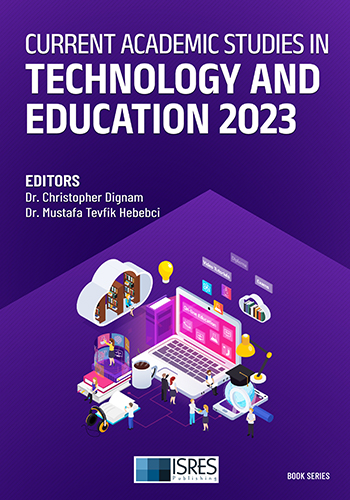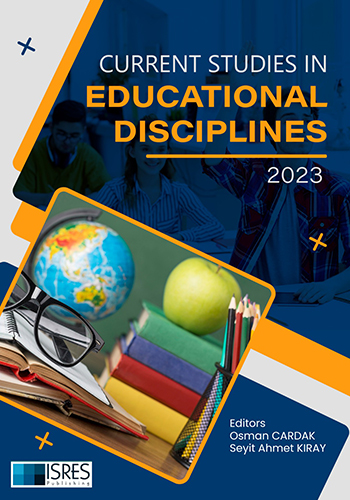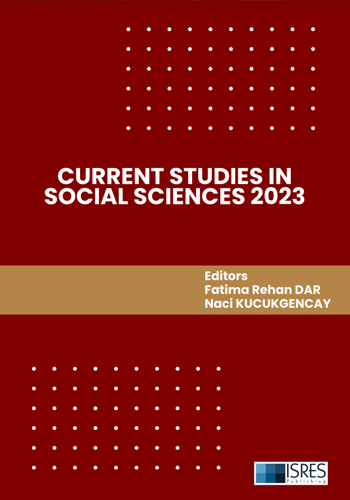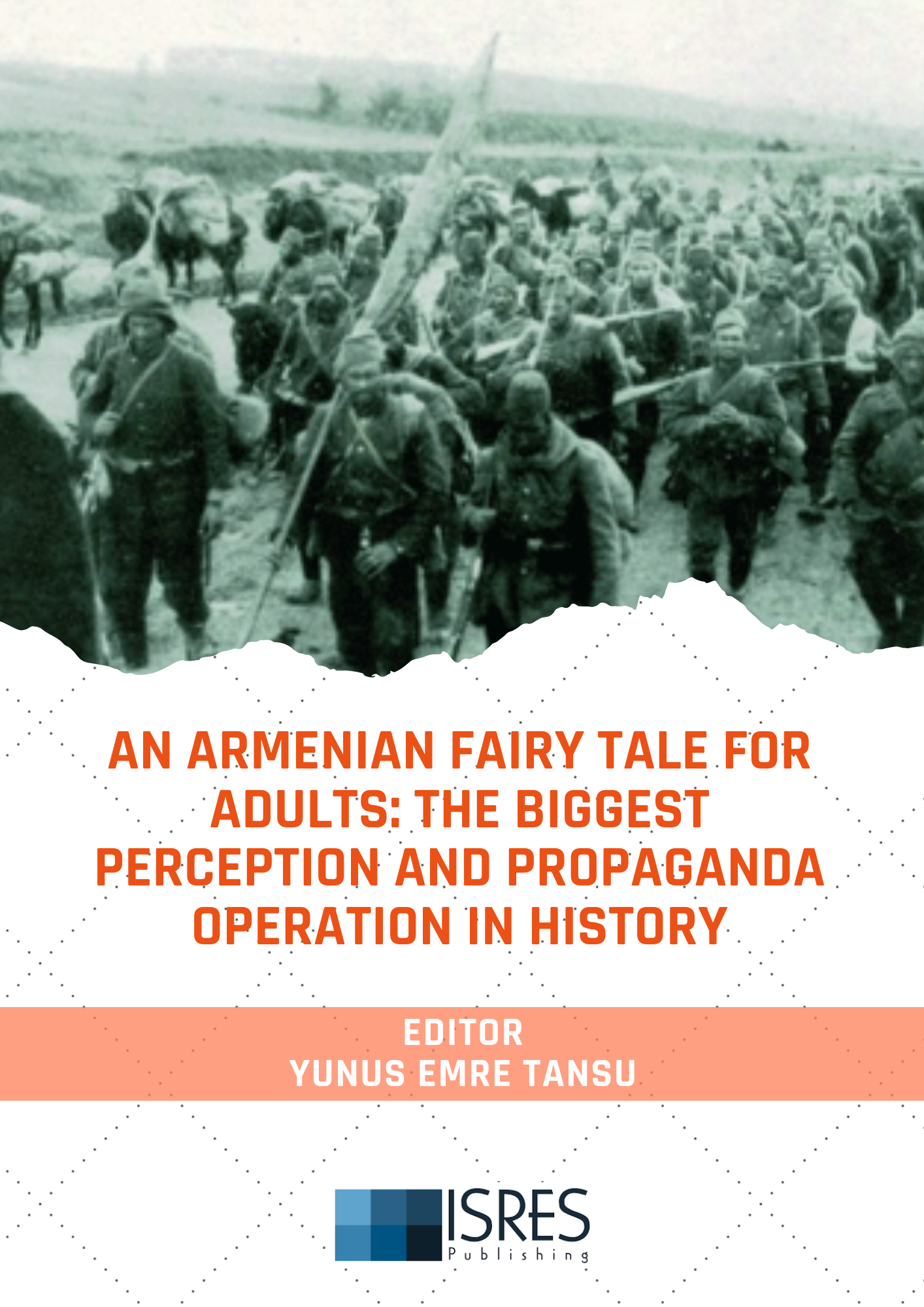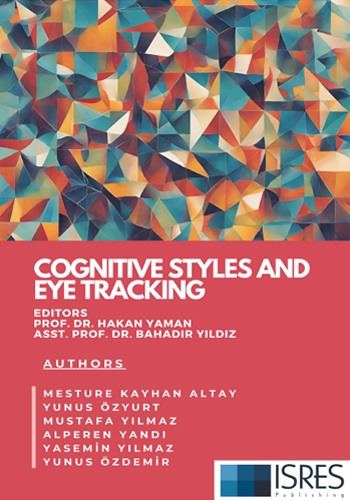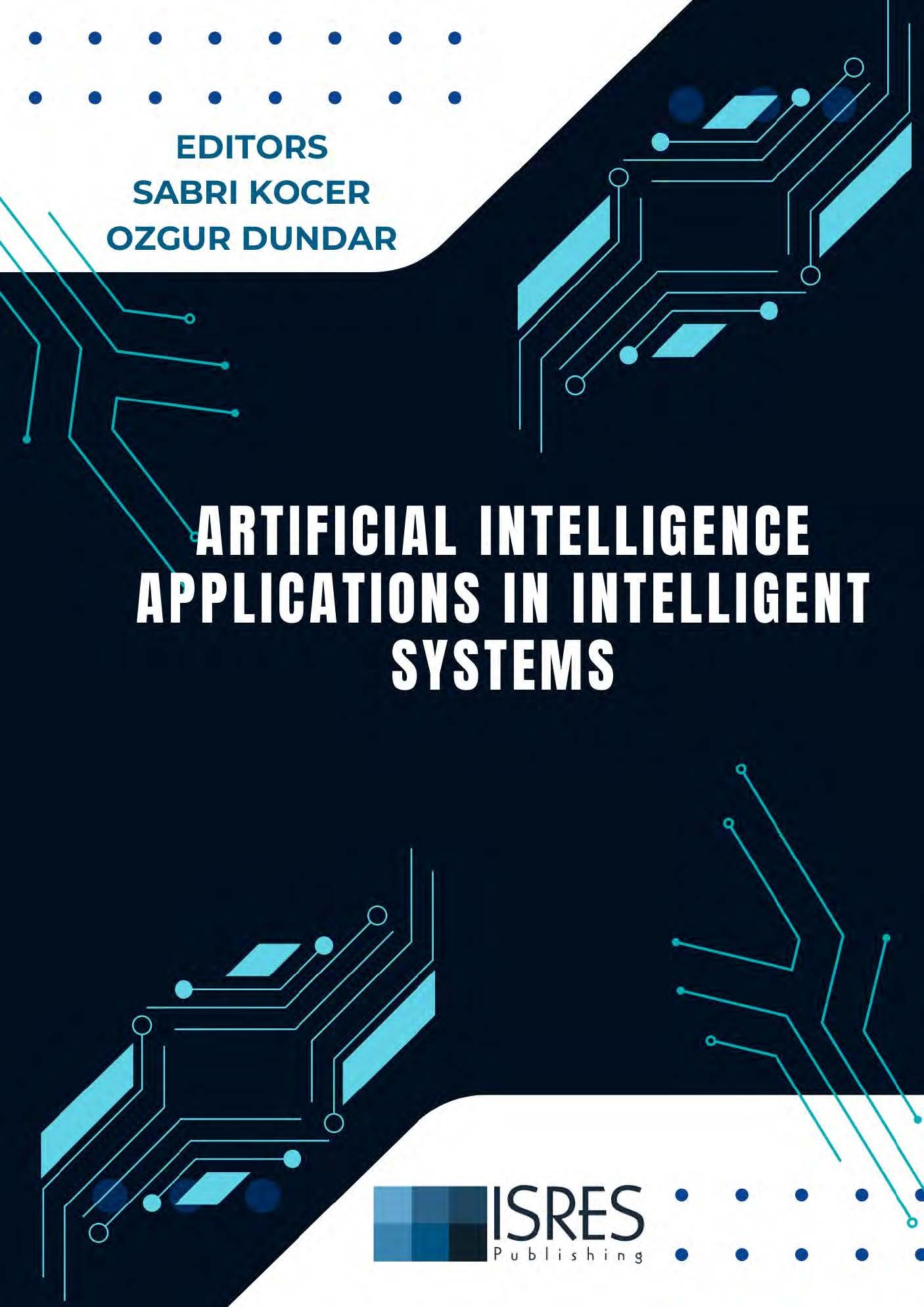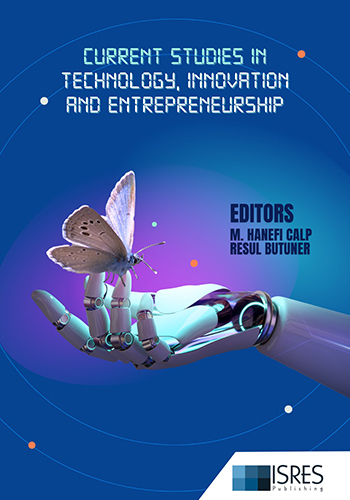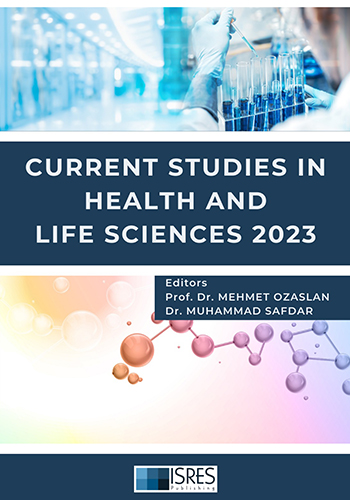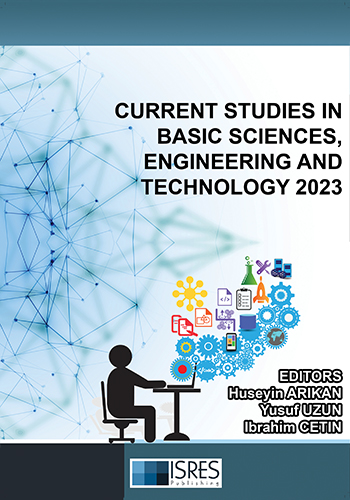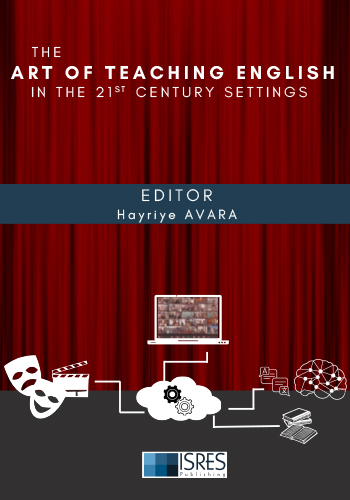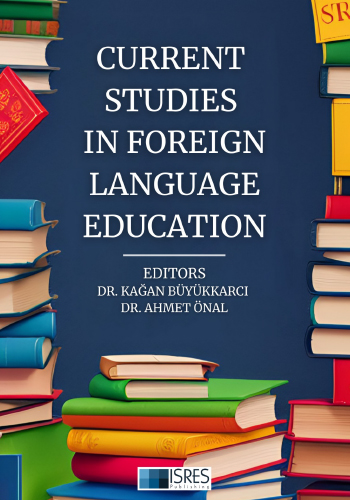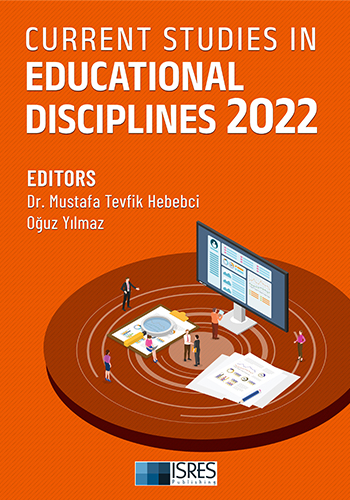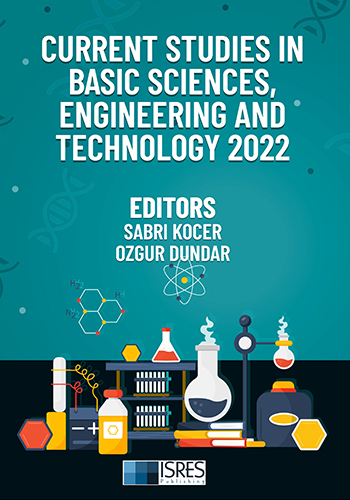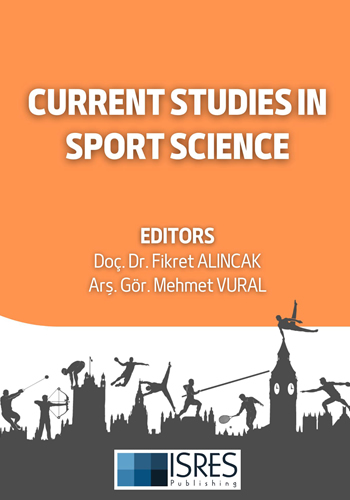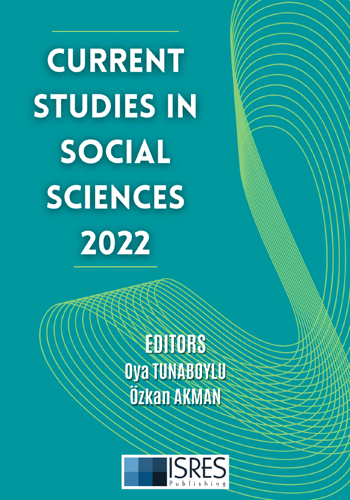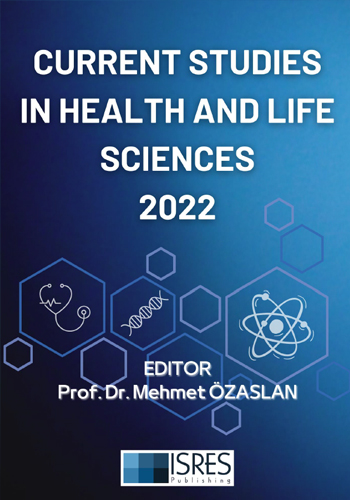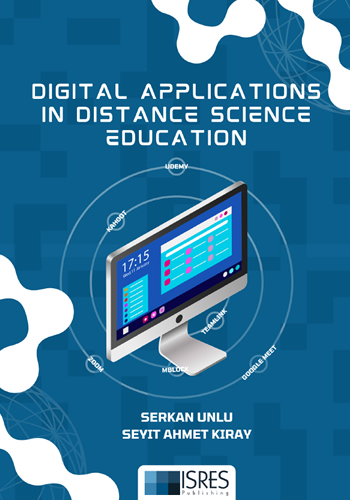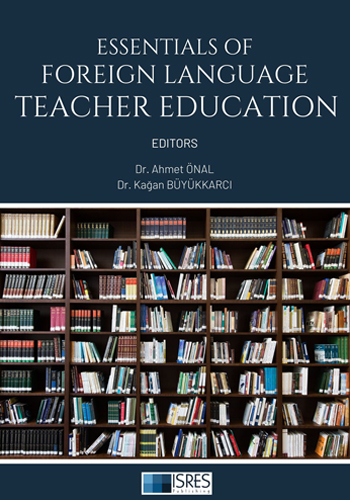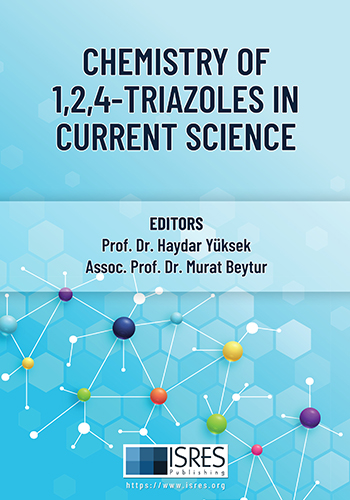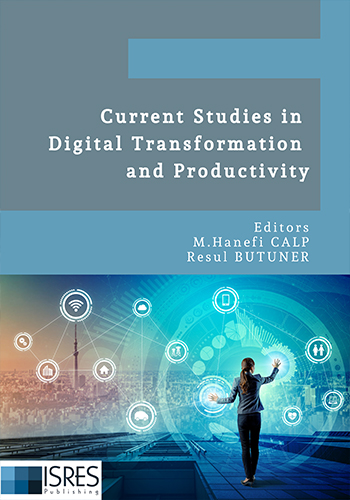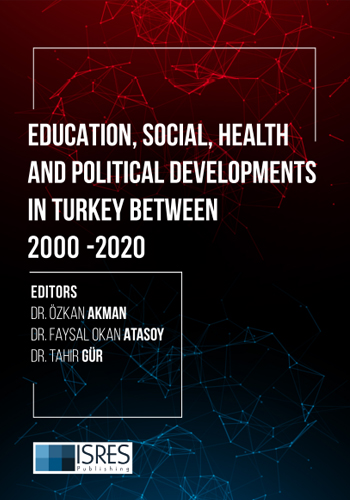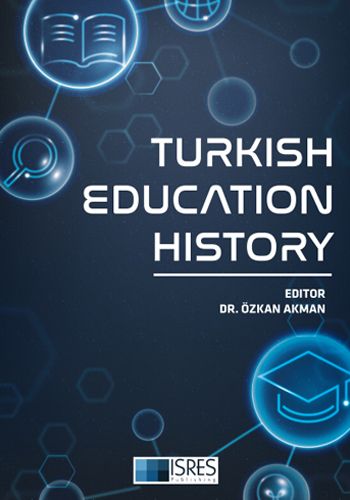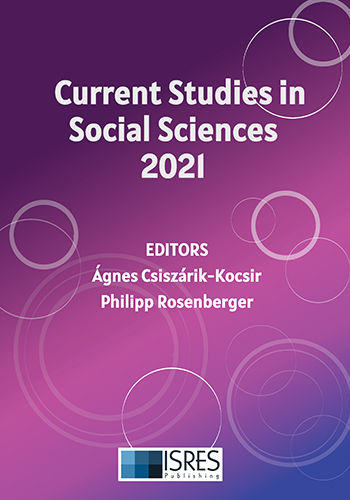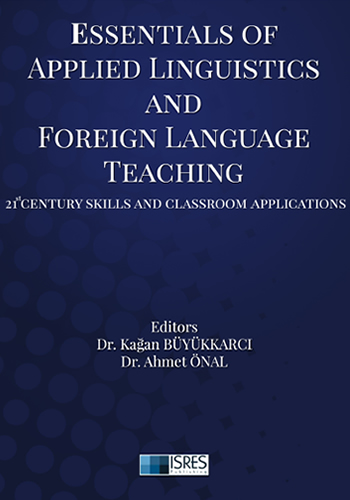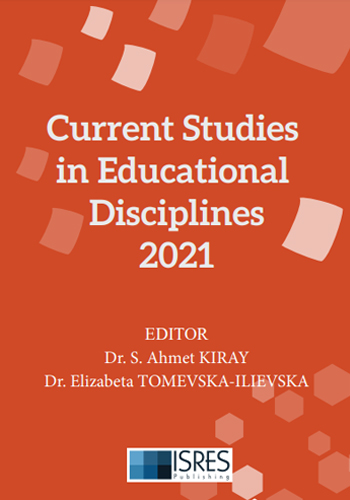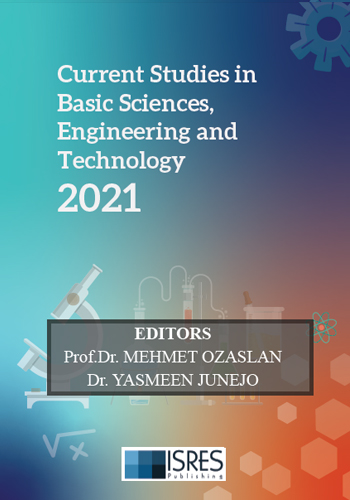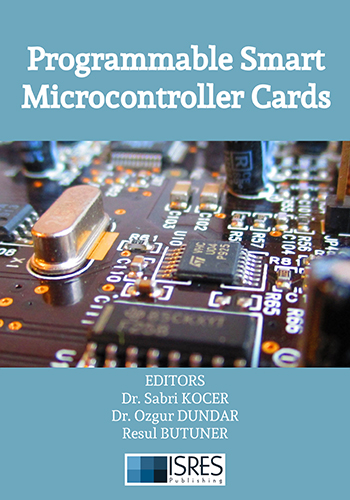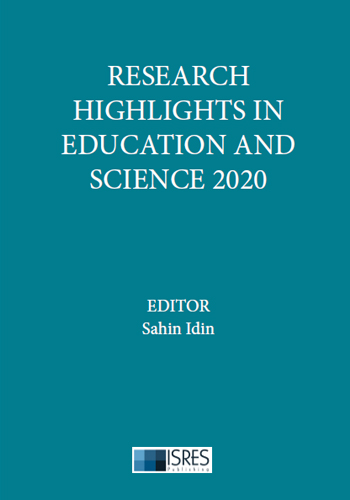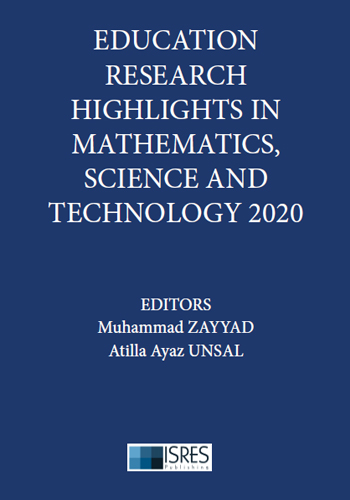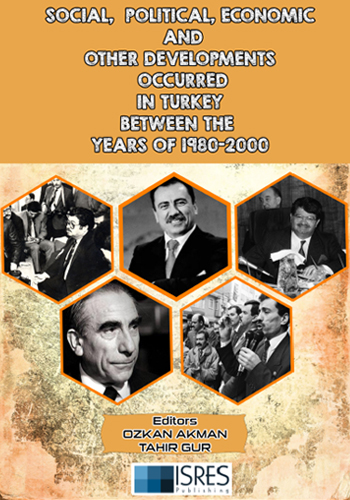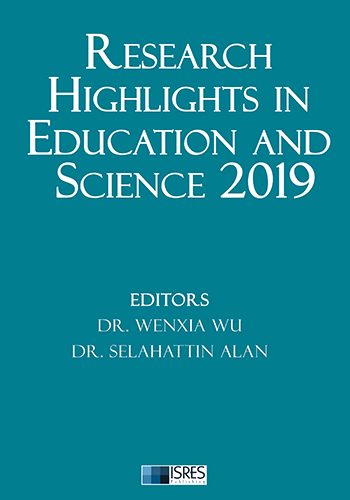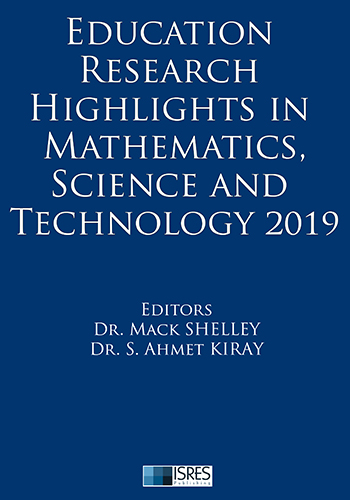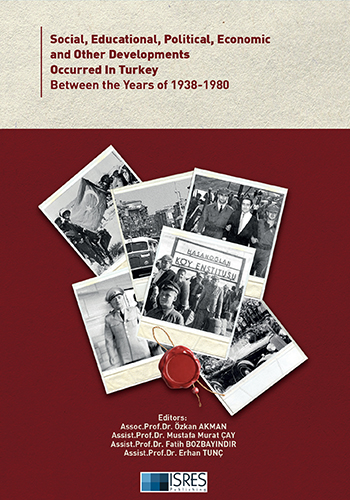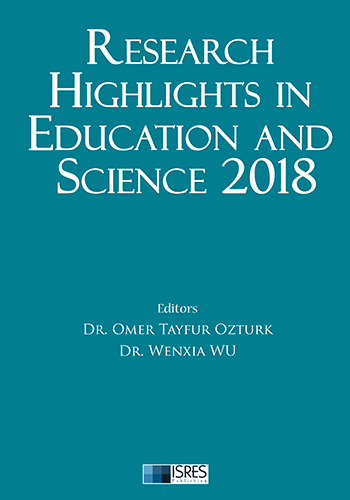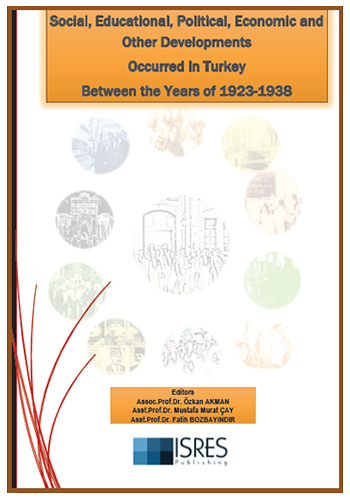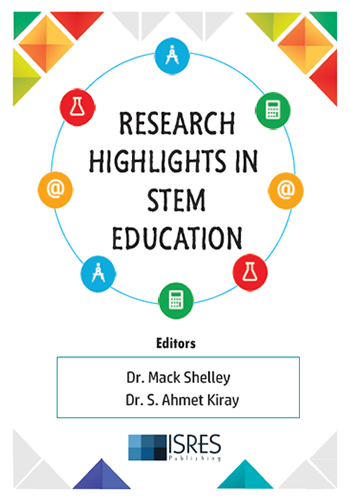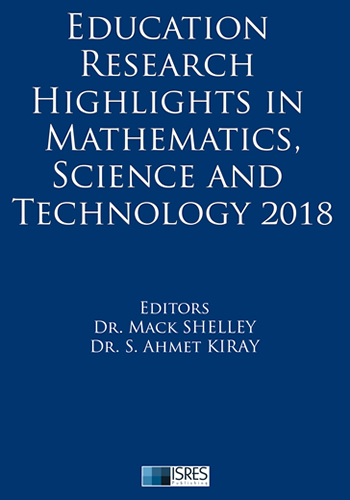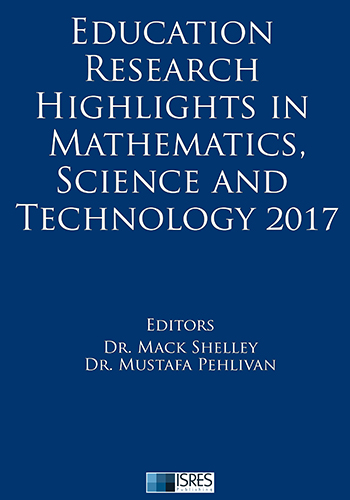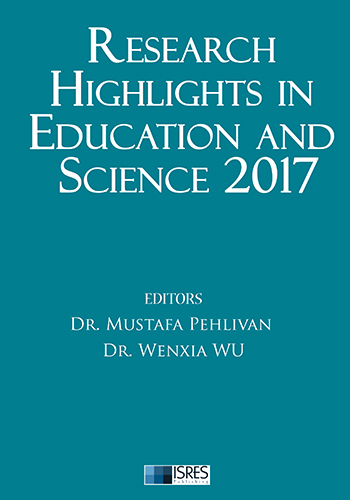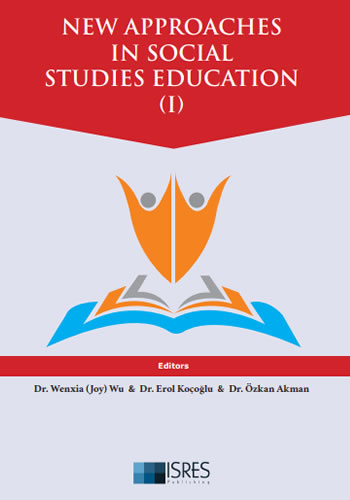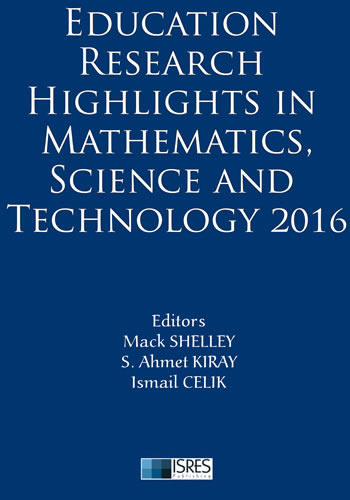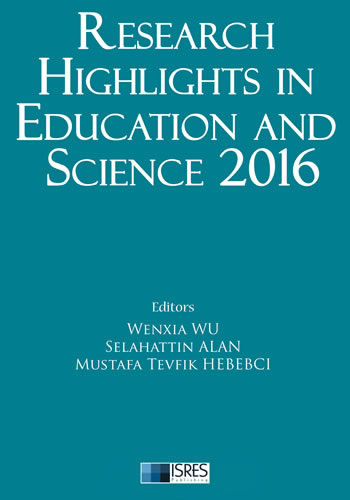This study aims to evaluate the performance of machine learning models in breast cancer diagnosis. The dataset includes a dataset of clinical characteristics related to breast cancer diagnosis. The models used in the study include Random Forest, Decision Tree, Naive Bayes, Gradient Boosting, AdaBoost and Bagging. First of all, the data set was converted to a suitable format for machine learning models and divided into trainingtest data sets. Then, different models were trained and evaluated on the test dataset. Accuracy values and confusion matrices were calculated and visualized for each model. Performance metrics include accuracy, precision, recall, F1 score, and ROC AUC. These metrics were used to evaluate the classification abilities of the models. The ROC curve of each model was also plotted and the ROC AUC values were reported. The results show that different models can be used successfully in breast cancer diagnosis. However, it has been observed that models such as Gradient Boosting and AdaBoost exhibit higher performance than others. These findings suggest that machine learning models can be used effectively for breast cancer diagnosis and may be helpful in clinical applications.
Performance Comparison of Different Machine Learning Models in Breast Cancer Diagnosis
New Generation Technologies and Sustainability In Health : Current Studies
Editors: Fatma Nur TAKI, Sabri KOÇER, Resul BÜTÜNER
 (1)_01-01-2025_10-03-2025.jpg)
1020
Performance Comparison of Different Machine Learning Models in Breast Cancer Diagnosis
Chapter Authors: Fatma Nur UZUN
Pages: 74-95
Other Chapters
The Robot Nurses
İbrahim ÇETİN
More Info Pages: 1-15
Artificial Intelligence in the Early Detection of Parkinson’s Disease
Kartal DERİN
More Info Pages: 16-27
Regenerative Medicine: Harnessing Stem Cells for Sustainable Healing
Hasan EGE, Oğuzhan EKİCİ
More Info Pages: 28-48
ML-Based Solutions for Detection of Hip Dislocation in Infants: A Review
Mevlüt Can ADIYAMAN, Şeyma Nefise SATICI, Muhammmed Furkan DARILMAZ, Hüseyin Oktay ALTUN
More Info Pages: 49-73
Performance Comparison of Different Machine Learning Models in Breast Cancer Diagnosis
Fatma Nur UZUN
More Info Pages: 74-95
PRP (Platelet-Rich Plasma) and Women's Reproductive Health: Current Status
Elif GÜLBAHÇE MUTLU, Hatice Nur ŞEFLEK
More Info Pages: 96-118
Methods Used in Behavioural Experiments in Laboratory Animals
İbrahim YILDIZ
More Info Pages: 119-132
Learner-Centered Approaches in Sustainable Medical Education
Hayriye Dilek AKDOĞAN
More Info Pages: 133-148
Medicinal Plants and Ozone Therapy Used in Cancer
Hayriye ALP, Şerife AYDIN
More Info Pages: 162-177
Anatomical Description of Acupuncture Points and Bioresonance Therapy
Ayşe Gamze ÖZCAN, İsmail ESEOĞLU
More Info Pages: 178-193
Examination of Smartphone Applications for Assessment in Physiotherapy and Rehabilitation
Musa ÇANKAYA, Pariya POURİYAMANESH
More Info Pages: 194-210
Acupuncture and Homeopathy Applications in Chronic Neuropathic Pain
Hayriye ALP
More Info Pages: 211-219
Medical Image Processing: Applications of Artificial Intelligence
Yunus Emre GÖKTEPE, Yusuf UZUN
More Info Pages: 220-234
The Role of Getat Trainings in the Development of Getat Applications
Eralp KUYUCU
More Info Pages: 149-161
Budapest/Hungary Conferences - August 28-31, 2025
We are pleased to invite you to ISRES conferences, which will be held at Obuda University/Budapest/Hungary on August, 28-31, 2025. The following conferences will be held in Budapest/Hungary:...
15.01.2025
Trabzon/Türkiye Conferences - May 01-04, 2025
ISRES Spring Conferences - Trabzon/Turkiye SOCIAL SCIENCES – May 1-4, 2025, Trabzon, Türkiye * 5th International Conference on Social Science Studies - IConSoS2025 ...
11.12.2024
Peja/Kosovo Conferences - July 10-13, 2025
We are pleased to invite you to our conferences, which will be held at University of Peja Haxhi Zeka on July, 10-13, 2025. The following conferences will be held in Peja/Kosovo: - 7th Internat...
28.11.2024





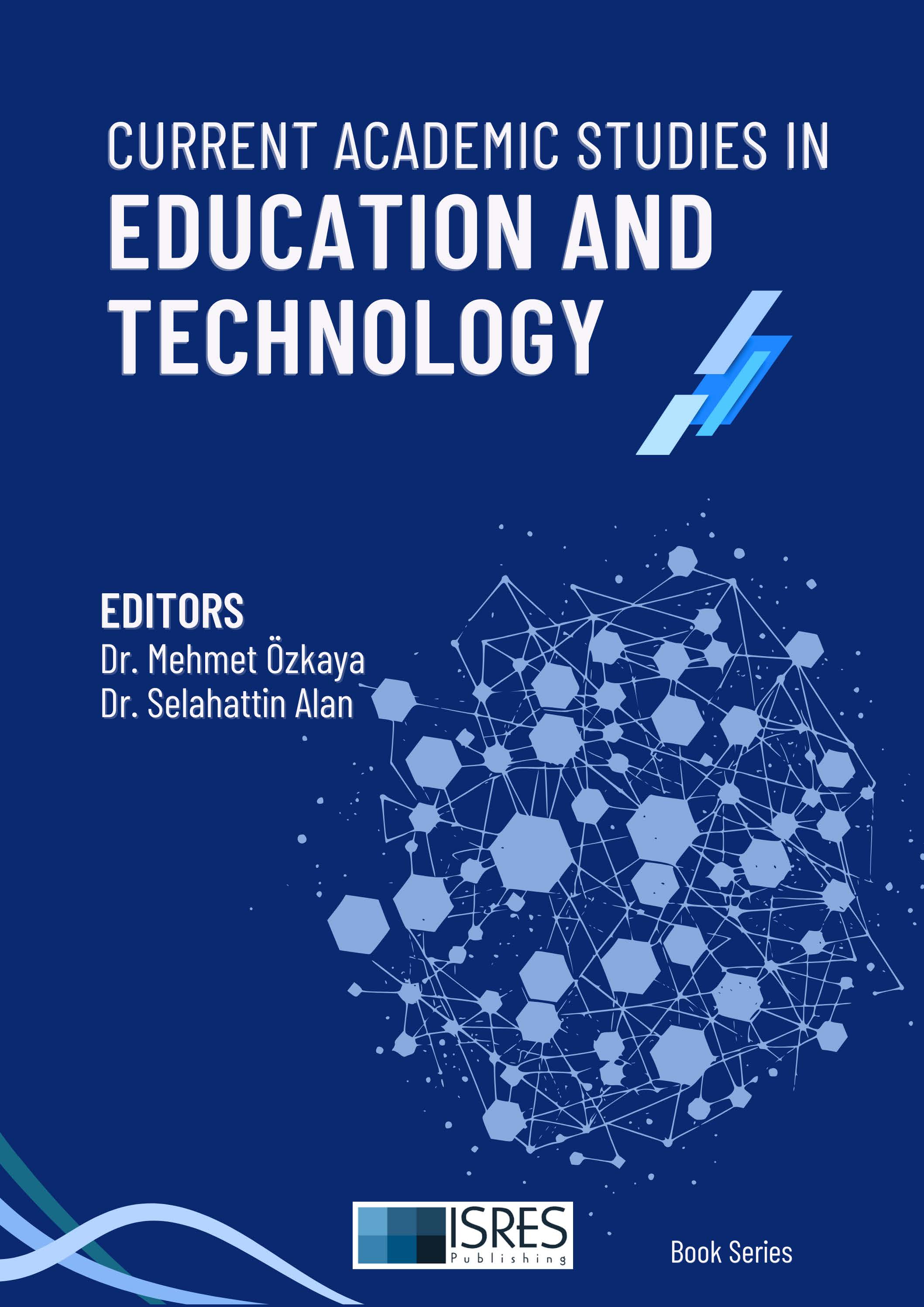


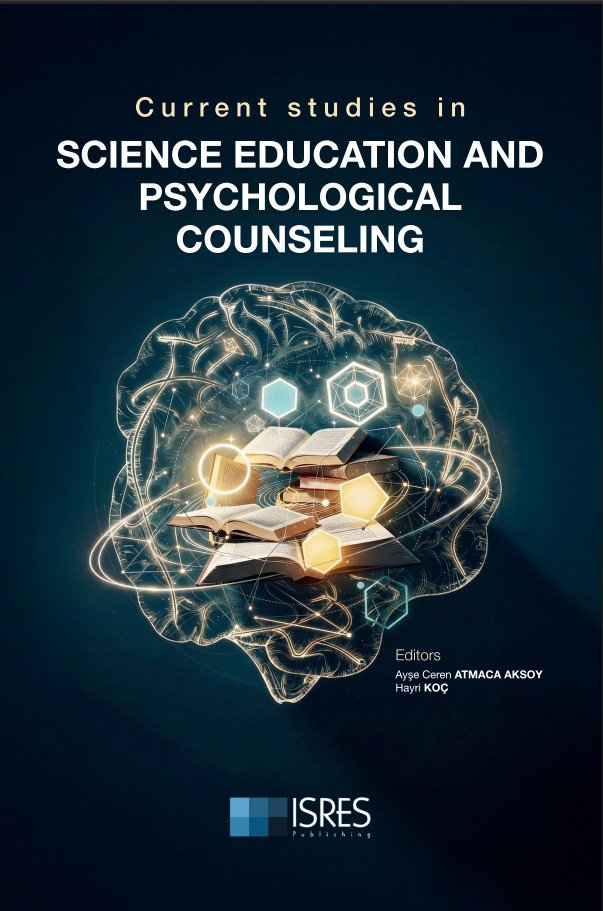
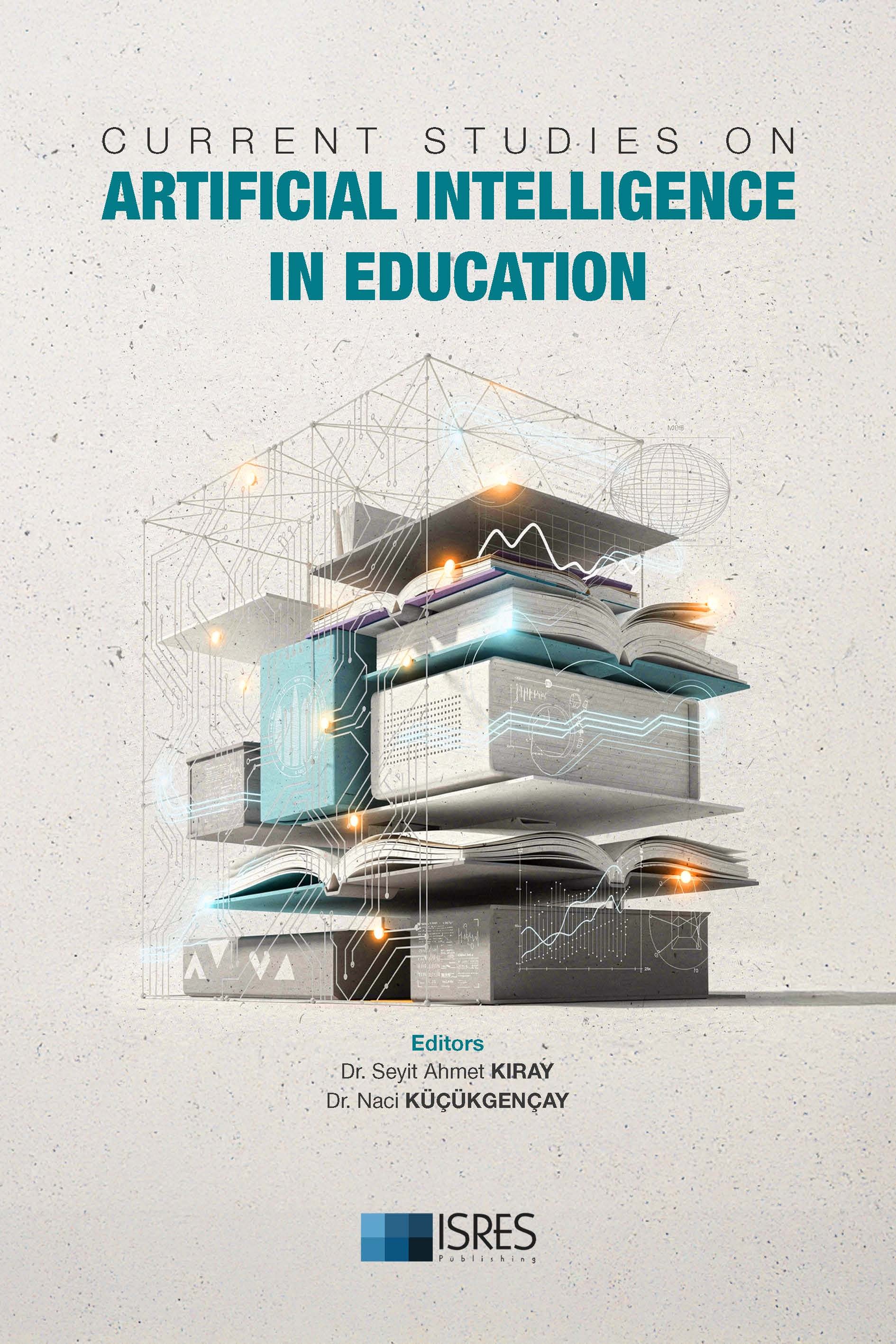
_Sayfa_001_23-12-2025.jpg)
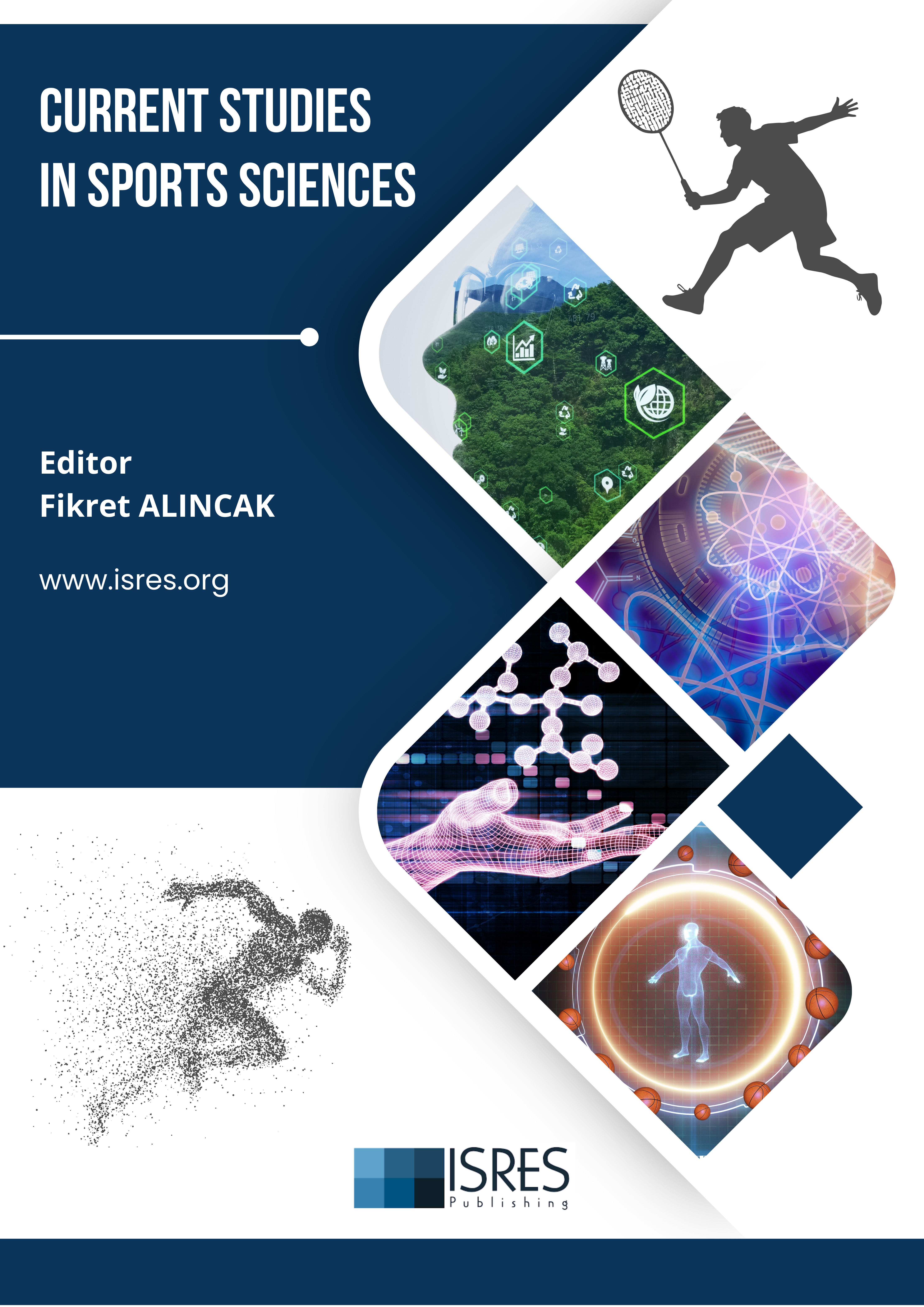


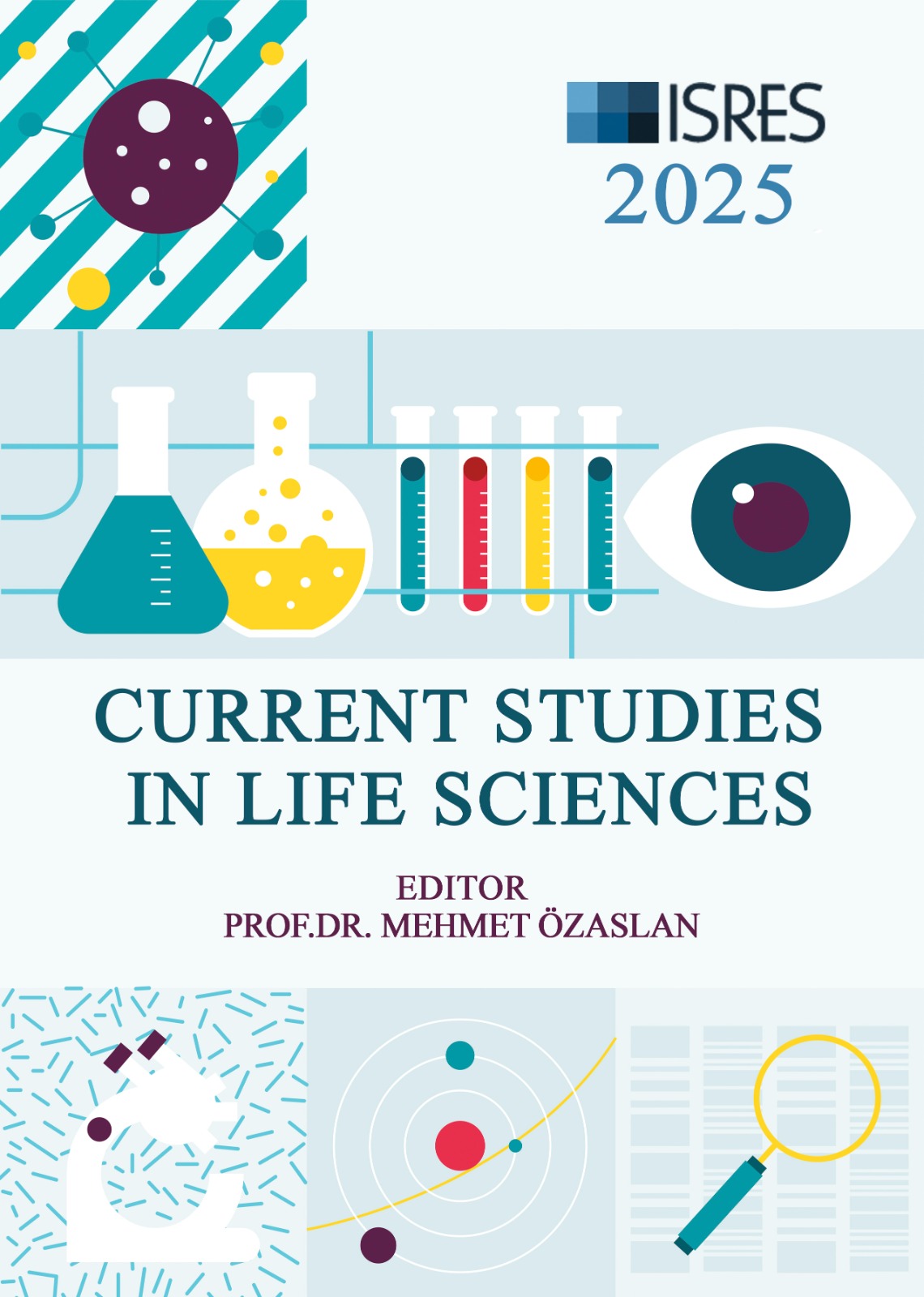
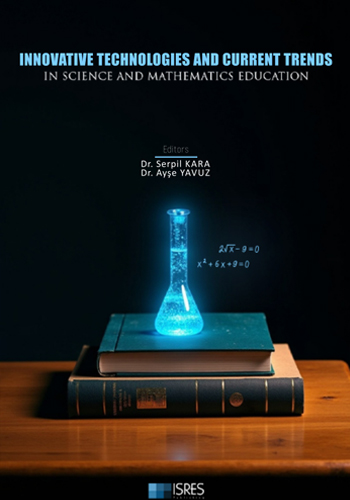





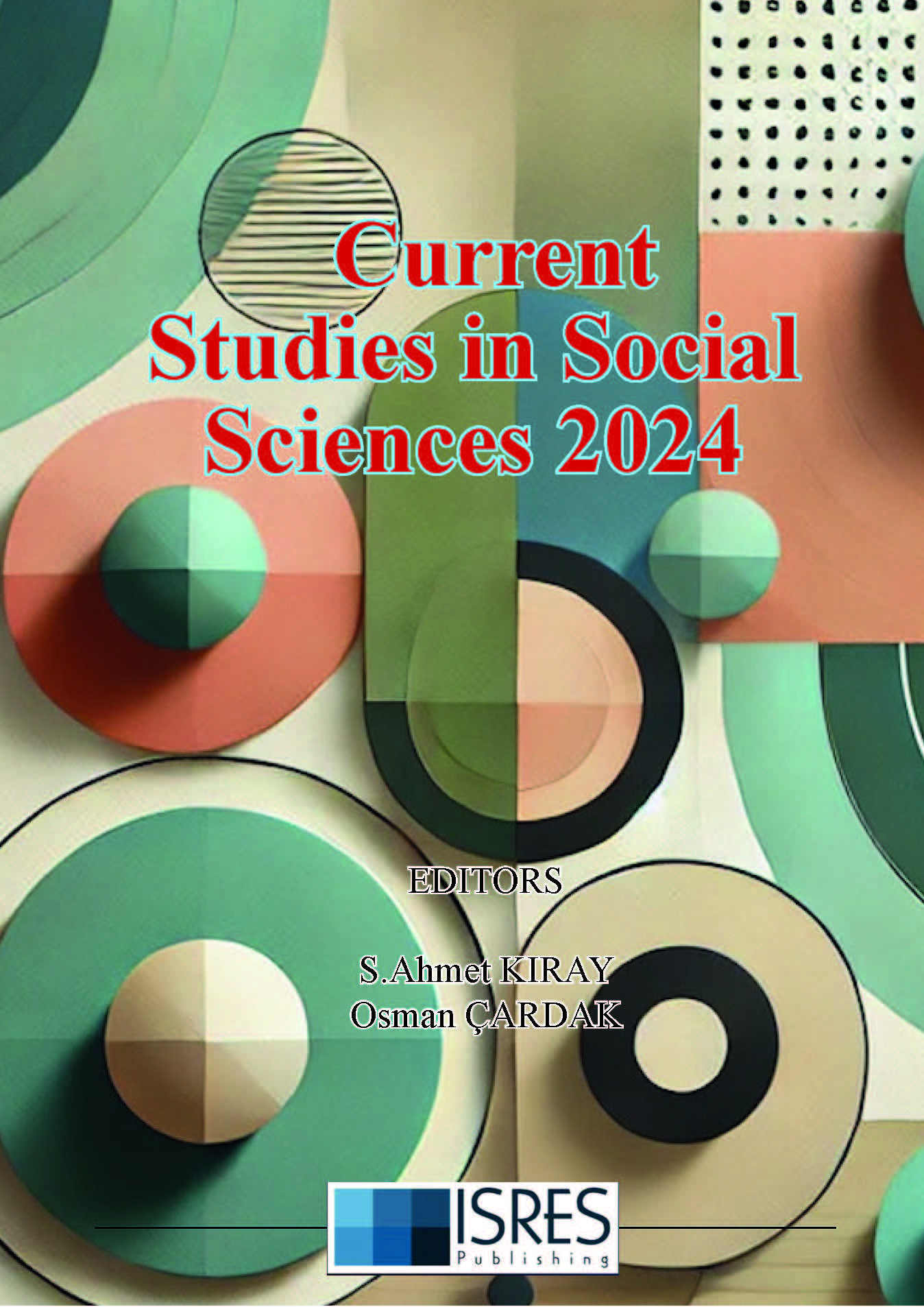
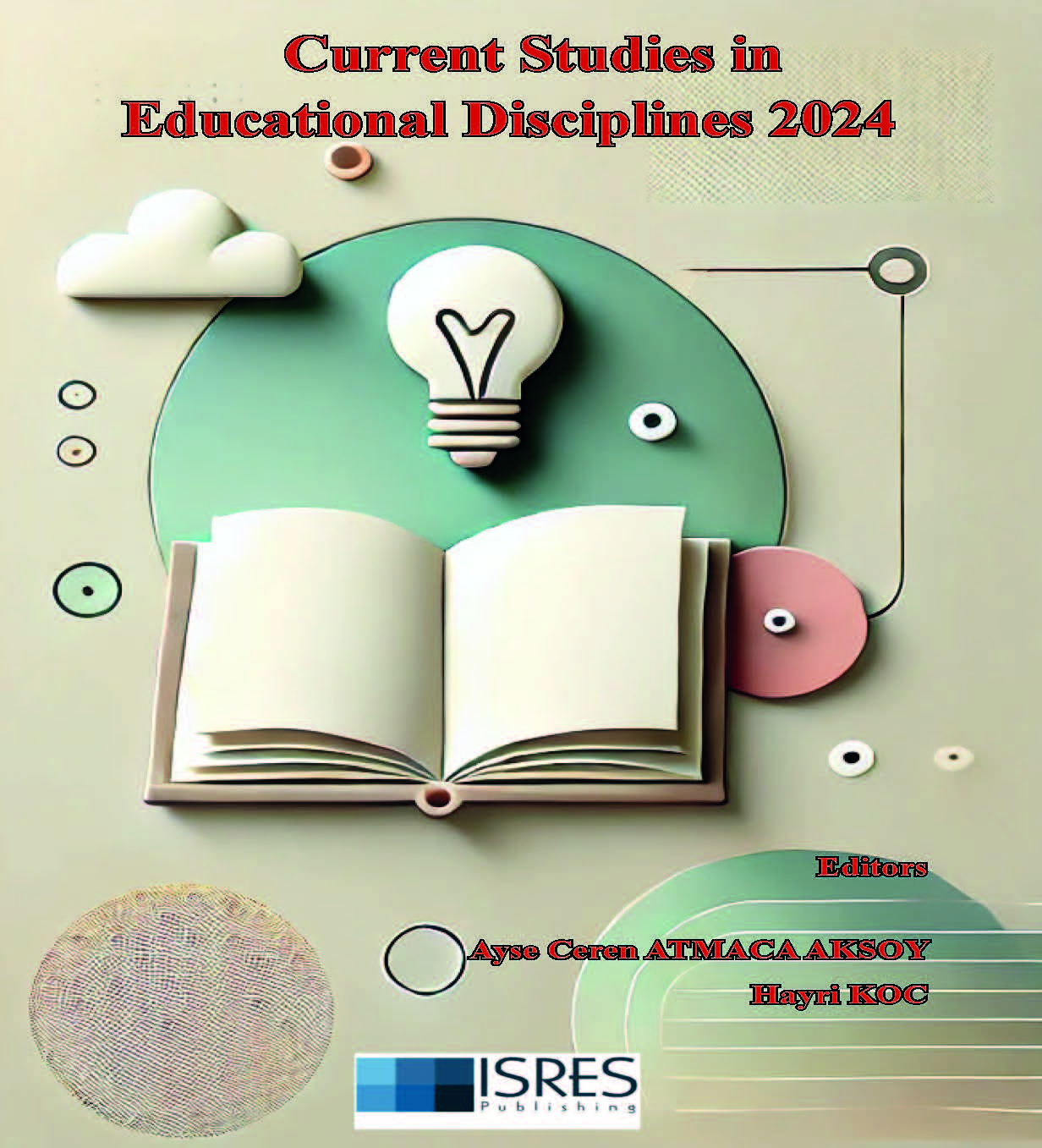

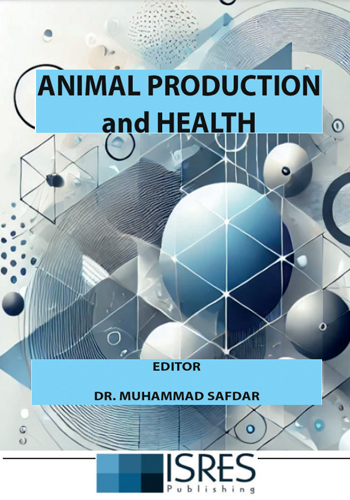
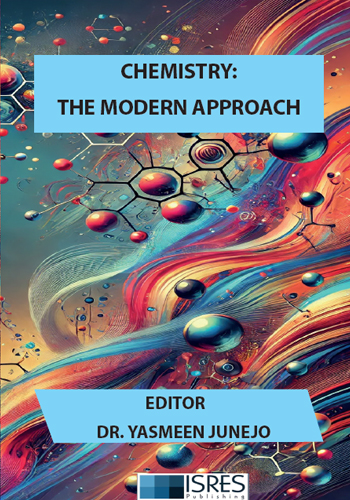
 (1)_16-12-2024.jpg)

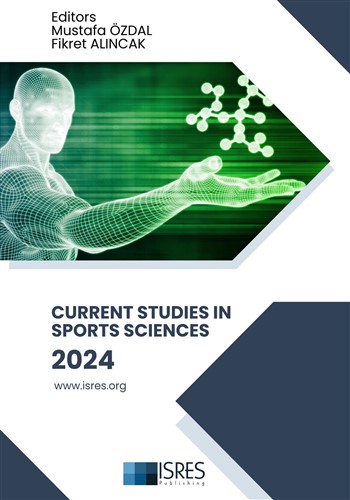
_29-12-2024.jpg)

_01-01-2025.jpg)

